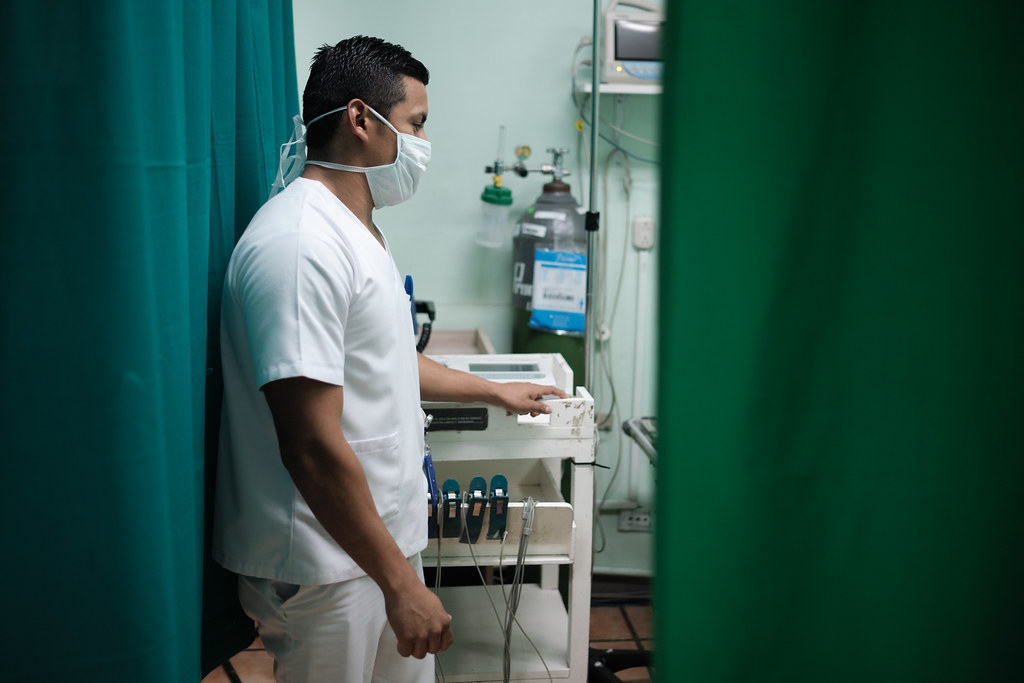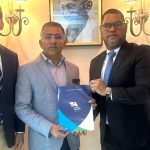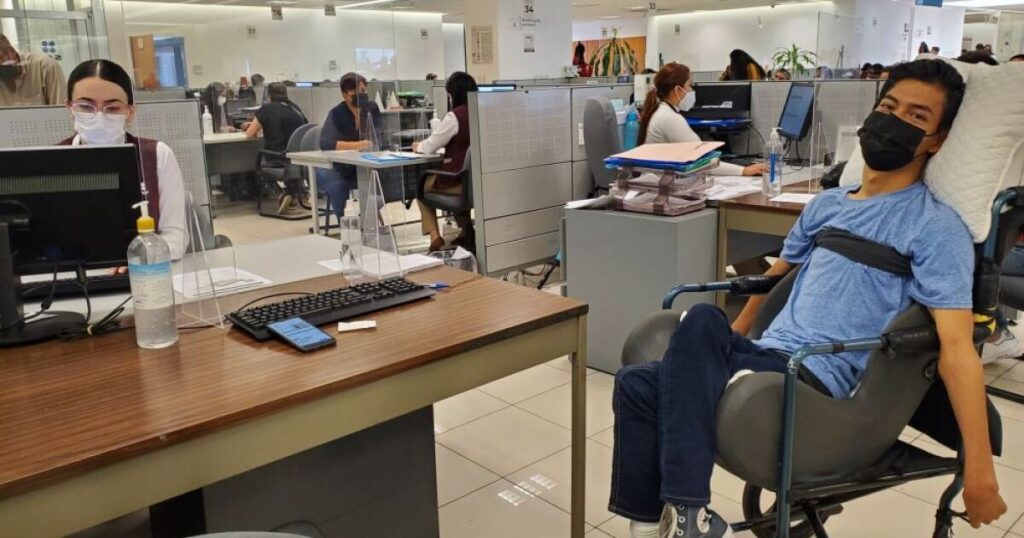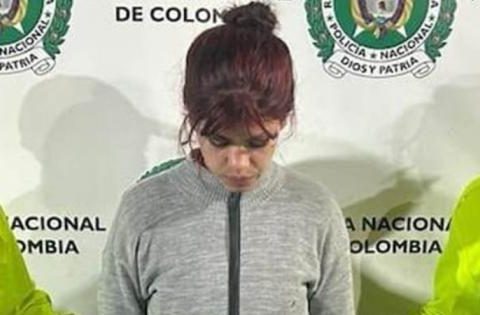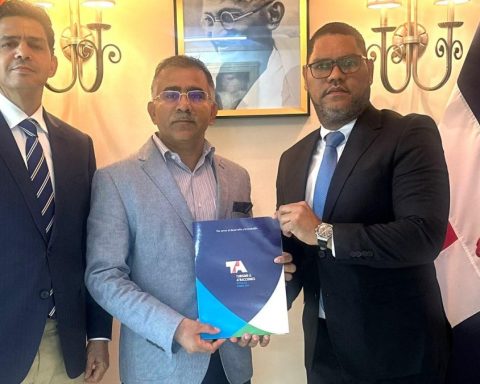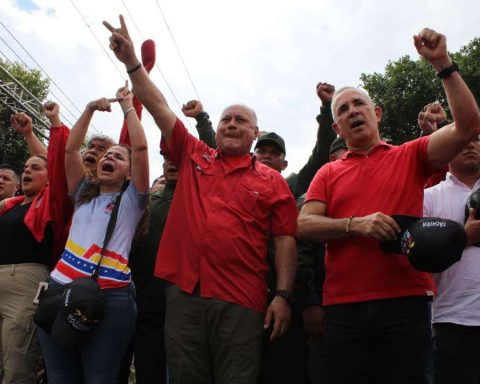The Pan American Health Organization (PAHO) recommended that the countries of the Americas prepare to face the effects of “postcovid” or “prolonged covid” that are already suffering between 10% and 30% of people who fell ill in the last three years of pandemic, some studies point out.
“The impact of the post-Covid condition is wide-ranging, but there is still a stigma around it and there are not enough health workers trained to recognize the condition, very few have the experience to help someone manage their symptoms. This is a real condition and must be addressed by applying sound policies and guidance,” says PAHO Director Carissa F. Etienne.
The recommendation occurs in a regional context of increased infections of covid-19. According to PAHO, since last week there has been a 13.9% increase in infections on the continent and up to 32.8% more deaths in South America.
“It is difficult to pinpoint how many people are affected, since cases of post-Covid condition are not always officially reported (…) we know that people who had covid-19 once and recovered can still develop a post-Covid condition if they are infected again” , details.
Postcovid can be extremely debilitating
The WHO classified as postcovid a health condition that people who get sick with covid-19 develop, this usually appears three months after the start of the disease, lasts for weeks or months and can “be extremely debilitating”.
The most common symptoms include severe and persistent fatigue, shortness of breath, loss of taste and smell, and other respiratory, cognitive and sensory symptoms. This symptomatology affects various organs, including: the heart, lungs, kidneys, brain and blood.
“All of this can impact a person’s mental health and influence important aspects of their personal and professional life, including the ability to relate to the environment and the people around them,” says the PAHO director.
PAHO recommends seeing a doctor when a person experiences chest pain, suicidal thoughts, coughing up blood, severe headache, sudden shortness of breath, weakness on one side of the body, and difficulty speaking. The treatment will depend on the symptoms or complications that you present.
The ideal way to avoid this condition is to avoid the spread of covid-19, says the WHO. As well as getting vaccinated and continuing with the prevention measures that have been recommended in the last two years: hand washing, use of masks, social distancing, ventilated places.
“These patients need professional support and our health systems must recognize this lasting effect of the pandemic and certainly help address it,” says Dr. Etienne.
Prolonged Covid affects children
The epidemiologist, Leonel Argüello, pointed out in an interview with Esta Noche, that cases of covid-19 and post-covid continue to be reported in Nicaragua, these urgently need attention because in the long term it will be a major problem.
“This situation is extremely dangerous because then you have people who have difficulty concentrating, then you have work problems; You have trouble sleeping, from time to time you have trouble breathing, body aches, exhaustion, all these elements affect your quality of life, but especially your mental health, “says the doctor.
Doctors who have conducted research at Johns Hopkins Medicine Hospital point out that in children and adolescents “post-Covid could manifest itself with fatigue, headaches, difficulty with school work, mood problems, shortness of breath and other prolonged symptoms.”
To the doctors too are concerned about inflammation in the heart in young people who were athletes, particularly those who had mild covid or are even asymptomatic.
The three R’s for postcovid
Given the increase in prolonged covid, the World Health Organization (WHO) created a guide entitled: “The three ‘R'” that seeks to better understand this condition and its treatment. The first “R” refers to the recognitioninvites doctors to identify patients who present post-covid and urges countries to train health workers so that they can identify and associate symptoms because there is no test that can confirm it, the diagnosis is made through symptoms and of the medical history.
The second “R” is for rehabilitation which suggests the training of physical therapists, occupational therapists and speech therapists. “As well as mental health professionals, nurses and doctors who can work together to address the post-Covid condition holistically because the symptoms are so varied.”
The last “R” refers to research (research, in English) with which scientists and institutions are encouraged to investigate more to know and understand post-covid. “We desperately need doctors, pharmaceutical and medical technology developers to find novel approaches to identify the underlying causes of the post-Covid condition and how to treat it,” emphasizes the PAHO director.
